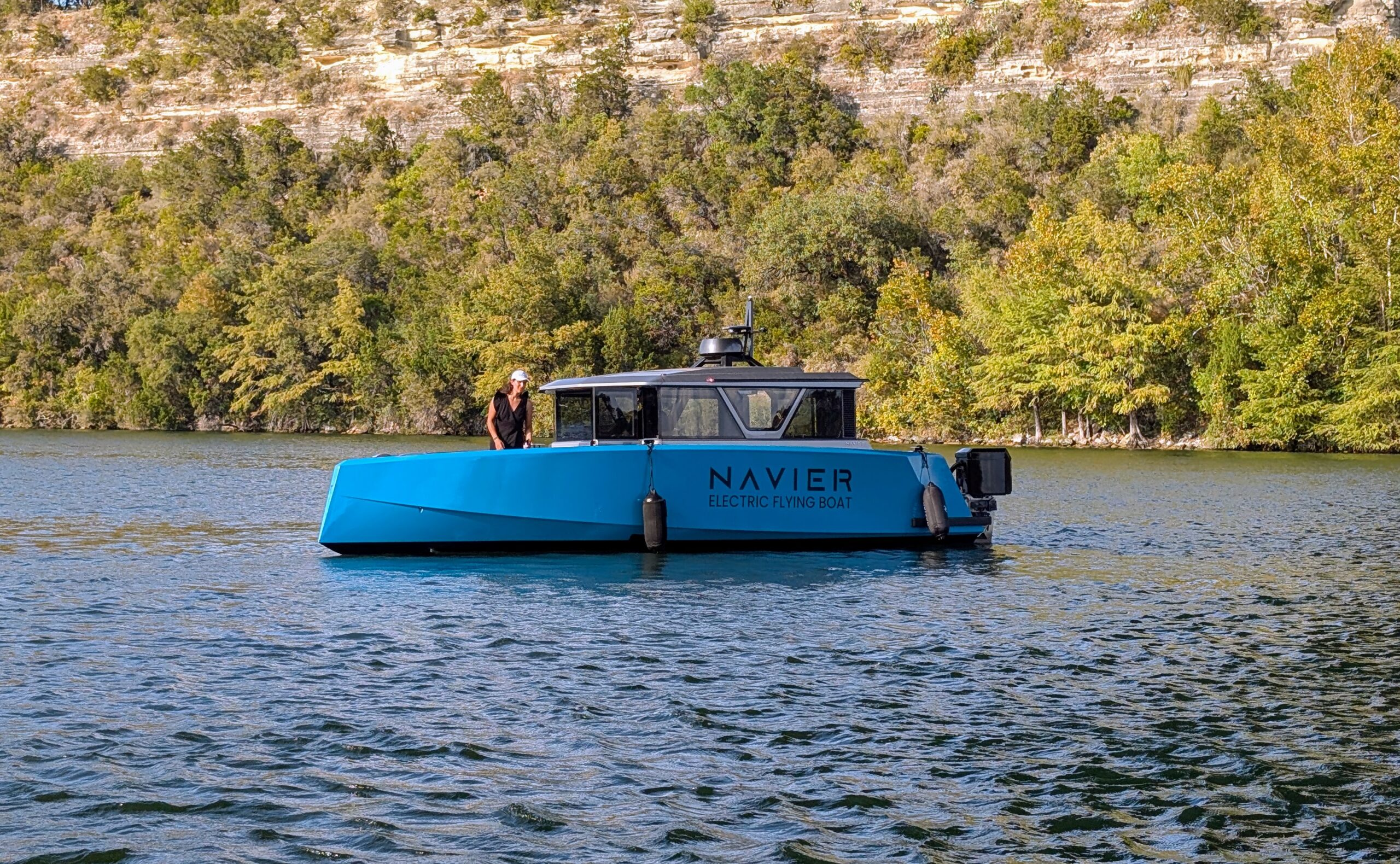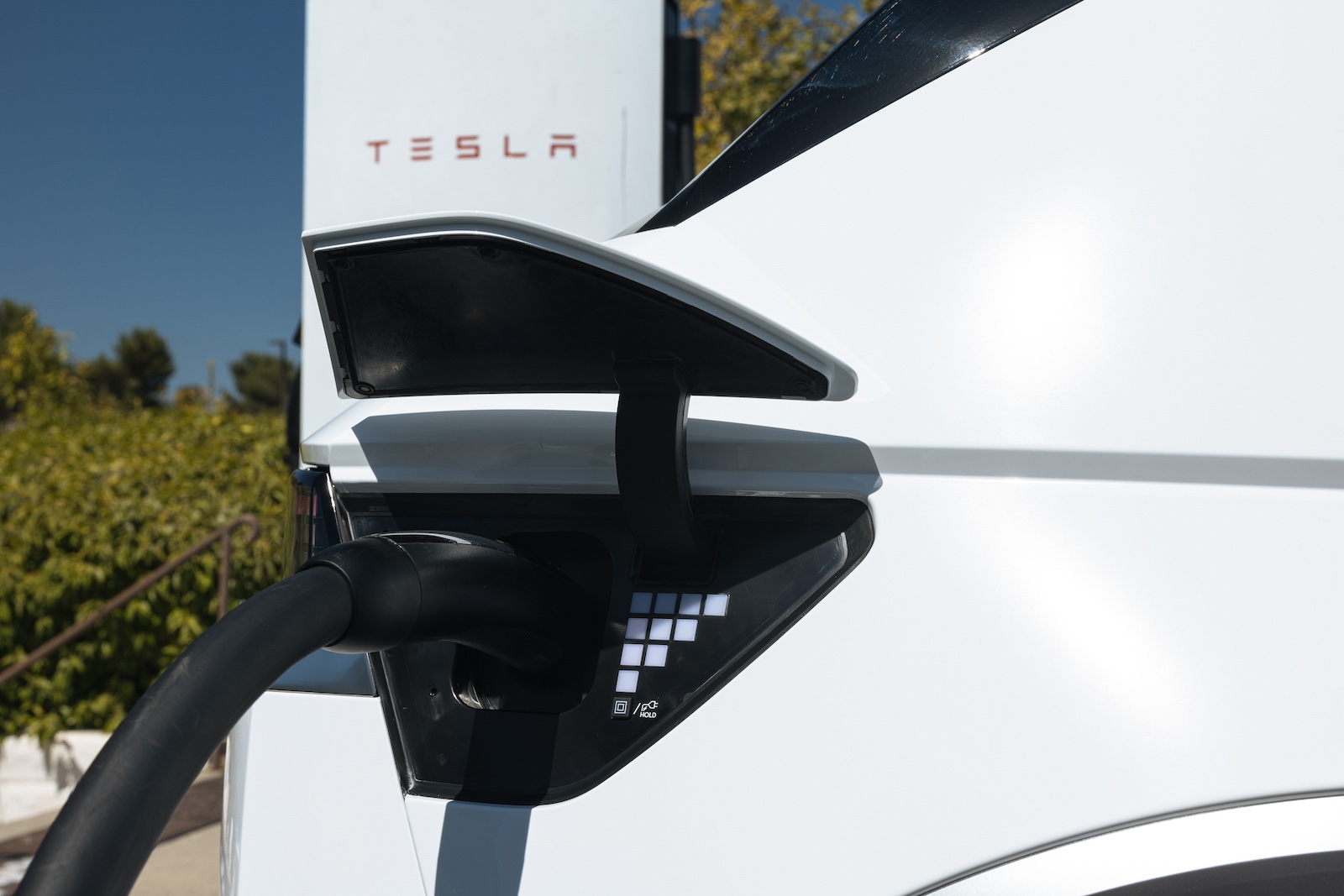Austin Engineering Limited CEO and Managing Director, David Singleton, says the company’s recent work on “repositioning” its US business means the just-announced duties placed on imports from Mexico and Canada to the US should be “broadly cost neutral”.
Over the weekend, the United States Government confirmed it had imposed tariffs on Canada and Mexico. This saw US President Donald Trump placed duties of 25% on imports from Mexico and Canada, and a 10% tariff on all imports from China.
In the last nine months, Austin says it completed a repositioning of its US business to ensure it would not be directly affected by tariffs imposed on goods imported from Mexico, or exports from the US to Canada, if Canada was to enforce its own tariffs in response.
This has primarily included the development of a new truck tray sub-assembly supply chain route using Canadian contractors for sub-assembly builds. The sub-assembly (part-built) kits are transported to existing contractors for final assembly onto the customers.
Austin has undertaken final-assembly builds in Canada for several years with contracting companies located close to customer sites for final assembly and delivery of its products. However, the sub-assembly builds are a new supply chain route developed over several months to ensure that quality, cost and IP needs are met.
In the last two months, Austin has successfully built 10 truck body sub-assembly kits using two Canada-based contractors. Austin is confident the sub and final-assembly partnership arrangements will be sufficient to meet its customer orders and demand in Canada, it says.
Until recently, truck body sub-assemblies were built in Austin’s manufacturing facility in Casper, Wyoming. Austin’s decision to build Canada-bound truck trays in Canada will free up capacity at the Casper facility to meet current increased demand in the US, it says.
Austin previously imported some sub-assembly trays from Mexico to the US but ceased this supply chain route several months ago. Austin retains sub and final-assembly contractor relationships in Mexico for supply of truck trays in that region, if required.
Singleton said: “Our decision several months ago to reorganise Austin’s US supply chains to avoid tariff risk was timely and effective. We expect the cost impact of this change in supply chain to move some elements of production to Canada to be broadly cost neutral. This is due to the increase in supply costs being offset by lower freight costs and lower steel costs in Canada compared to the US.”



